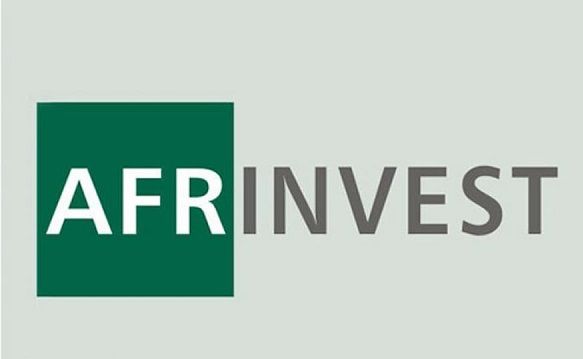Bailout: Analysts express concern over States’ weak fiscal conditions
A leading investment banking firm in Nigeria, Afrinvest has stated that fiscal conditions in the Nigeria’s States still under water.
In its note, the firm said only three states were able to meet payroll expenses with internal generated revenues, IGR, in 2018.
Experts say they are expecting the Nigerian States recurrent expenditures to balloon when new minimum wage is fully implemented, observed that fiscal position of the states are generally weak.
The investment banking firm noted this in its appraisal of the fiscal position of the states as in a surprising turn of events, Zainab Ahmed the Minister of Finance, Budget & National Planning recently demanded the refund of the bailout provided to Nigerian states to support their budgets and enable them cope with low oil revenues.
The states were unable to balance their budgets between 2014 and 2016 due to the significant reduction in government revenues after the oil price crash of mid-2014 and a slump in oil production in 2016.
This led to the accumulation of salary arrears, pension arrears, contractor debts and uncompleted capital projects.
There was no reprieve from weak Internally Generated Revenues (IGR) nor in the debt market as states were already highly leveraged, with huge interest payments.
In 2015, the National Executive Council (NEC) of the Federal Government of Nigeria (FG), with the help of the CBN, took measures to assist states.
First, existing loans with commercial banks were restructured, leading to reduced debt service costs. The second measure, which is our primary focus, was the budget support to states struggling to meet salary arrears.
The CBN provided a facility to states through on-lending from commercial banks at an interest rate of 9.0%, a tenor of twenty years (Ogun State – 10 years) and two years grace period.
The minister estimates the size of the bailout provided to 35 states to be N614.0 billion but CBN data show that this was N656.5 billion as at December 2018.
States issued Irrevocable Standing Payment Orders (ISPOs), which ensures that repayments will be deducted at source, before FAAC allocations are disbursed.
Based on the terms of the loan, a positive response from states to the sudden request for repayment by the minister of finance is unlikely.
The terms of the loan are such that repayments are supposed to be over the long-term while the risk of default is significantly minimised by ISPOs.
As the CBN loan was extended to states through commercial banks, we believe the ministry of finance is not best placed to demand for repayments.
https://dmarketforces.com/n5-trillion-debt-amcon-urged-to-declare-public-officials-on-debtor-list/
Afrinvest said that this further raises concerns about the independence of the CBN, which continues to take cues from the fiscal policy arm of the economy.
Looking at the fiscal profile of states; we see that they are only just getting back on their feet, Afrinvest remarked.
Ahmed said that the federal government has resolved to recover N614 billion loan facility from 35 states of the federation.
She said each of the affected 35 states received N17.5 billion as bail out from the federal government.
Afrinvest however noted that Federal Accounts Allocation Committee, FAAC, allocations to states recovered from a low of N1 trillion in 2016 to N2.2 trillion in 2018, the highest in nominal terms based on CBN data from 1981.
“We attribute this improvement to an increase in oil prices and production. We note that collections through FAAC remain poor mainly as a result of petrol subsidies.
“The more resilient value added tax, VAT, collections have grown at a compound annual growth rate, CAGR, of 8.2% to N533.7 billion between 2014 and 2018.
“Internally generated revenue, IGR, collections have also accelerated at a CAGR of 11.7% from N707.9 billion to N1.1 trillion between 2014 and 2018.
This, excluding Lagos with a share of 34.6% of total states IGR, the increase to N721.2 billion from N431.7 billion at a CAGR of 13.7% is even more impressive”, the firm reckoned.
It said despite the progress made so far, the prospects of sustained improvements in the fiscal finances of states is weak, especially due to the 67.0% increase in the national minimum wage to N30,000 per month.
“Upon implementation, the general increase across the salary structure of civil servants in states would have huge cost implications.
“Our analysis shows that as at 2018, no state can fund recurrent expenditure with IGR, only sixteen states can cover recurrent expenditure with total revenues and only three states -Lagos, Kwara and River – can meet payroll expenses with IGR.
“We expect this metrics to worsen as states implement the new minimum wage”, Afrinvest stated.
Bailout: Analysts express concern over States’ weak fiscal conditions












